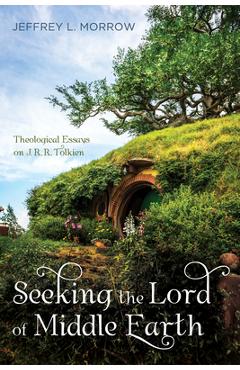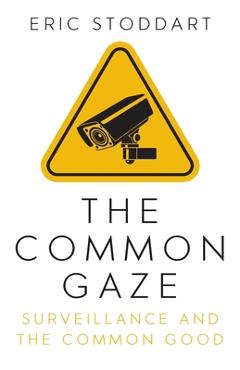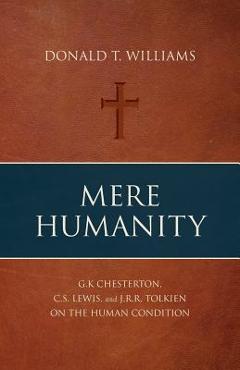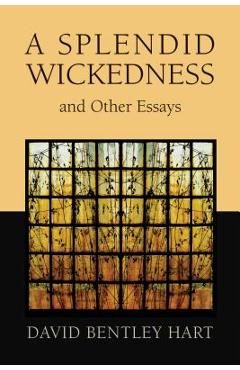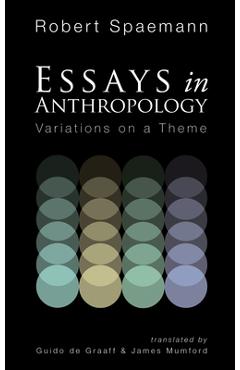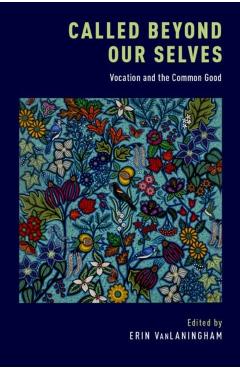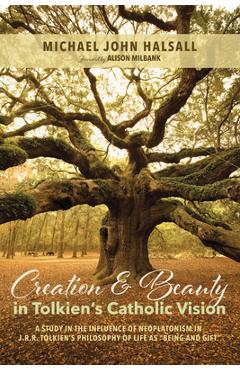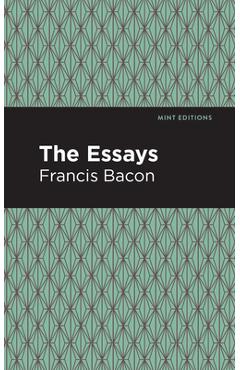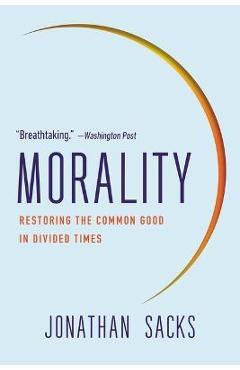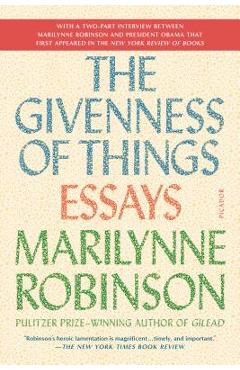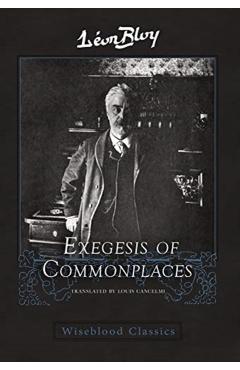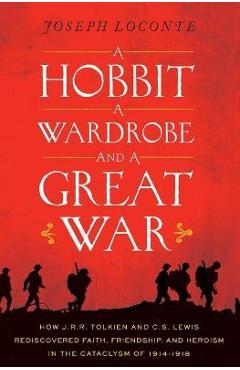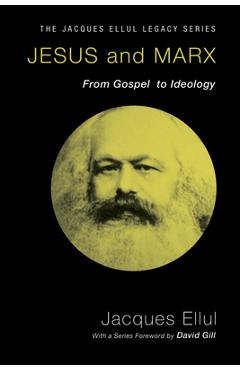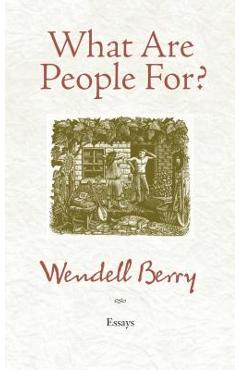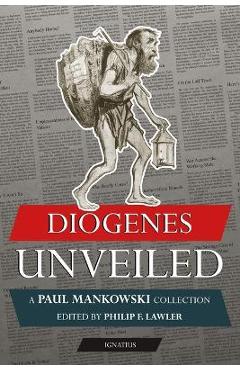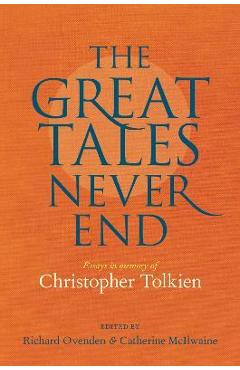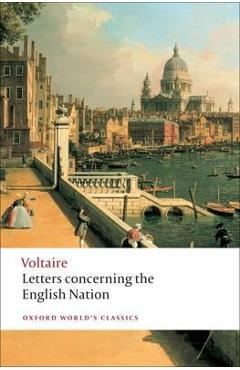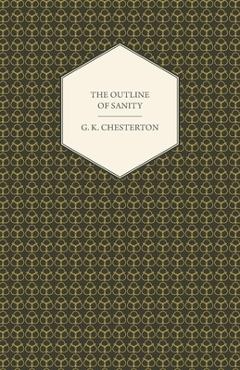Middle-earth and the Return of the Common Good
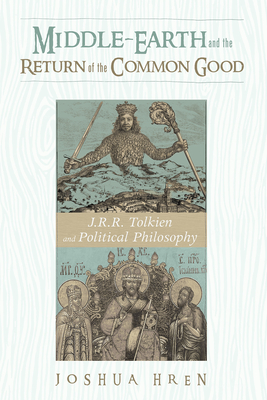
Middle-earth and the Return of the Common Good
Political philosophy is nothing other than looking at things political under the aspect of eternity. This book invites us to look philosophically at political things in J.R.R. Tolkien's legendarium, demonstrating that Tolkien's potent mythology can be brought into rich, fruitful dialogue with works of political philosophy and political theology as different as Plato's Timaeus, Aquinas' De Regno, Hobbes's Leviathan, and Erik Peterson's ""Monotheism as a Political Problem."" It concludes that a political reading of Tolkien's work is most luminous when conducted by the harmonious lights of fides et ratio as found in the thought of Thomas Aquinas. A broad study of Tolkien and the political is especially pertinent in that the legendarium operates on two levels. As a popular mythology it is, in the author's own words ""a really long story that would hold the attention of readers, amuse them, delight them, and at times maybe excite them or deeply move them."" But the stories of The Silmarillion and The Lord of the Rings contain deeper teachings that can only be drawn out when read philosophically. Written from the vantage of a mind that is deeply Christian, Tolkien's stories grant us a revelatory gaze into the major political problems of modernity--from individualism to totalitarianism, sovereignty to surveillance, terror to technocracy. As an ""outsider"" in modernity, Tolkien invites us to question the modern in a manner that moves beyond reaction into a vivid and compelling vision of the common good. ""Many have suspected that, just as Tolkien's religious faith, never mentioned in his fiction, nevertheless underlies it, so political philosophy, never directly expressed, animates his fiction and is one powerful reason for the responses it has generated. Joshua Hren's study of Tolkien and 'the common good' takes this intuition and makes out the case for it, with detailed study of both the traditional philosophy Tolkien knew, and the philosophical developments which have occurred since."" --Tom Shippey, author of The Road to Middle-earth: How J.R.R. Tolkien Created a New Mythology ""If, as Tolkien insisted, The Lord of the Rings is a fundamentally Catholic work, it is important that we understand this most masterful work on the level of both Catholic theology and Catholic political philosophy. Hren tackles the latter with verve and vigor, and with a vibrant and tenacious understanding of the principles that informed Tolkien's understanding of power and its ab
PRP: 173.60 Lei
Acesta este Pretul Recomandat de Producator. Pretul de vanzare al produsului este afisat mai jos.
147.56Lei
147.56Lei
173.60 LeiLivrare in 2-4 saptamani
Descrierea produsului
Political philosophy is nothing other than looking at things political under the aspect of eternity. This book invites us to look philosophically at political things in J.R.R. Tolkien's legendarium, demonstrating that Tolkien's potent mythology can be brought into rich, fruitful dialogue with works of political philosophy and political theology as different as Plato's Timaeus, Aquinas' De Regno, Hobbes's Leviathan, and Erik Peterson's ""Monotheism as a Political Problem."" It concludes that a political reading of Tolkien's work is most luminous when conducted by the harmonious lights of fides et ratio as found in the thought of Thomas Aquinas. A broad study of Tolkien and the political is especially pertinent in that the legendarium operates on two levels. As a popular mythology it is, in the author's own words ""a really long story that would hold the attention of readers, amuse them, delight them, and at times maybe excite them or deeply move them."" But the stories of The Silmarillion and The Lord of the Rings contain deeper teachings that can only be drawn out when read philosophically. Written from the vantage of a mind that is deeply Christian, Tolkien's stories grant us a revelatory gaze into the major political problems of modernity--from individualism to totalitarianism, sovereignty to surveillance, terror to technocracy. As an ""outsider"" in modernity, Tolkien invites us to question the modern in a manner that moves beyond reaction into a vivid and compelling vision of the common good. ""Many have suspected that, just as Tolkien's religious faith, never mentioned in his fiction, nevertheless underlies it, so political philosophy, never directly expressed, animates his fiction and is one powerful reason for the responses it has generated. Joshua Hren's study of Tolkien and 'the common good' takes this intuition and makes out the case for it, with detailed study of both the traditional philosophy Tolkien knew, and the philosophical developments which have occurred since."" --Tom Shippey, author of The Road to Middle-earth: How J.R.R. Tolkien Created a New Mythology ""If, as Tolkien insisted, The Lord of the Rings is a fundamentally Catholic work, it is important that we understand this most masterful work on the level of both Catholic theology and Catholic political philosophy. Hren tackles the latter with verve and vigor, and with a vibrant and tenacious understanding of the principles that informed Tolkien's understanding of power and its ab
Detaliile produsului









